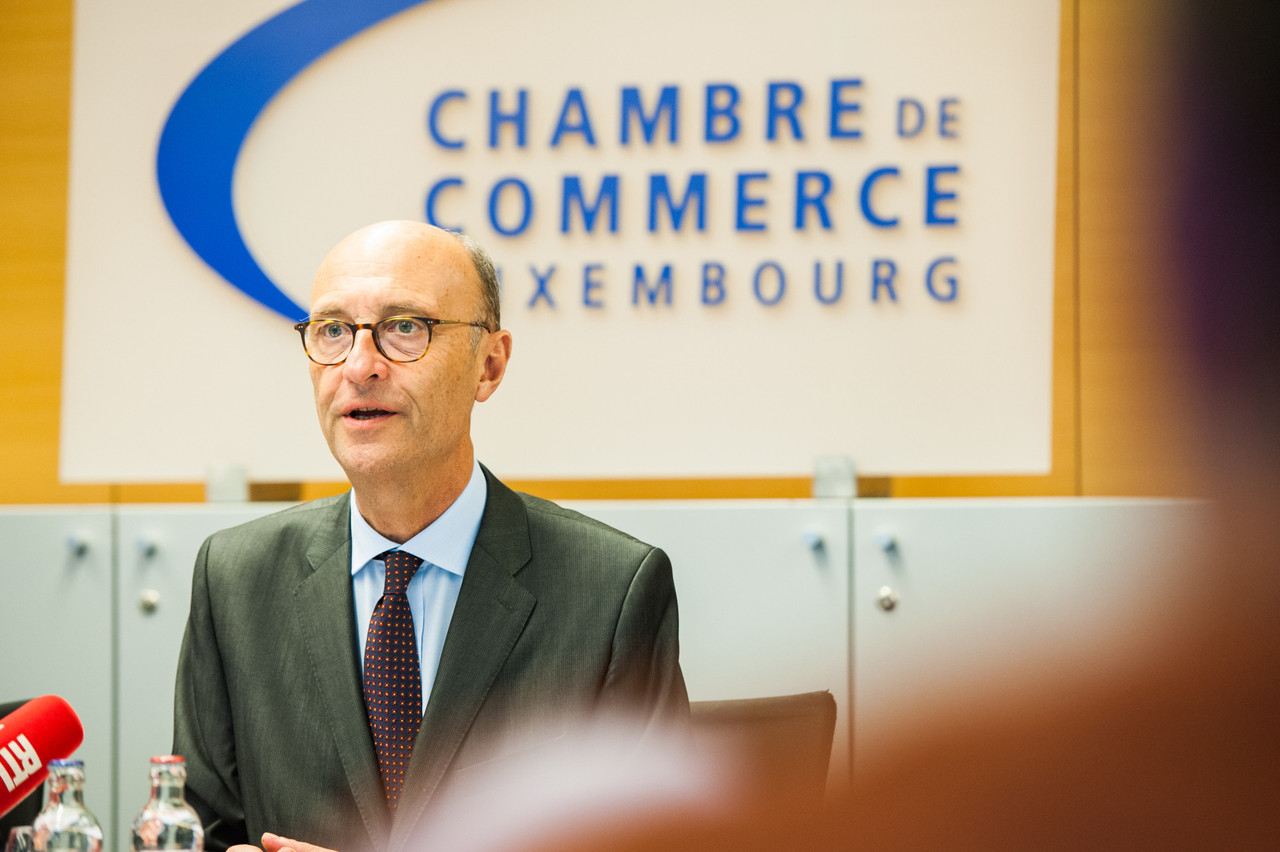Postponed to 2022 by (DP), the tax reform is still under debate. On the one hand, there are those like , president of the OGBL, who want a reform to raise the bar on tax justice. On the other hand, there are those who do not want to hear about “tax justice” but still want reform.
This is the case of , who, as President of the Idea Foundation, gave his point of view on the issue during a debate on the future evolution of the tax system.
The former president of the Chamber of Commerce elaborated on this by stressing that tax justice should not be the focus of attention at the expense of tax efficiency.
“The tax debate currently revolves around tax justice. I am a little concerned about this. If we talk about tax justice, it means that some people have to pay so that others can receive. In this case, we are in a confrontational situation, which does not correspond to the Luxembourg model, which should be consensual and not emotional,” Wurth said in the preamble to the debate organised by the Idea Foundation.
"I do not agree with the president of the OGBL, who combines the idea of tax reform with that of tax justice. Reflections on tax reform must begin with a reflection on spending,” Wurth continued. “We pay taxes because the public sector has expenses. When we look at compulsory deductions in developed countries, they vary between 45% and 55%. This is a very important source of revenue, and the question of the efficiency of spending is, in my opinion, the first element to be considered when looking for tax reform. It would be interesting to make an analysis of who pays and who receives. I think intuitively that we could see that the Luxembourg system is much less unfair than it seems.”
Too much tax kills tax
The industrialist continued: “Under our Luxembourg economic model, we have the highest minimum wage, the highest social benefits and the lowest social contributions of comparable countries. I believe that our Luxembourg model is not compatible with the highest tax justice. When you look at the countries that practice more tax justice than Luxembourg, you see that the economic performance is lower, the national income per capita is lower, the minimum wage and social benefits are much less generous."
Trying to make our tax system fairer and more egalitarian, i.e., simply taking more from where there is money, is not the solution.
“Probably 80% of the capital invested in Luxembourg does not come from Luxembourgers. These economic agents are not in Luxembourg for our beautiful beaches or to please us. Our economic model is not based on tax justice, but rather on an efficiency model… it is our economic model that we are calling into question. This is an important issue, especially at a time when 130 OECD countries have agreed to take resources from countries with more efficient tax systems,” Wurth explained.
It is also clear from his speech that Michel Wurth is opposed to as has been proposed by Labour Minister (LSAP) and the OGBL.
“After the efficiency of the expenditure comes the redistribution. To be consensual, we must ensure that at the end of the day, all people living in Luxembourg feel comfortable and benefit from social transfers allowing them to have a life worthy of our economic model. Taxation has a role to play, but it is not by trying to make our taxation fairer and more egalitarian, i.e., by simply taking more from where there is money, that we will find the solution. Too much tax, for those who decide to be here voluntarily when they might not be, will kill tax and our whole redistribution model. Finding consensual solutions for tomorrow’s taxation with international constraints is, in my opinion, very important,” Wurth concluded .

